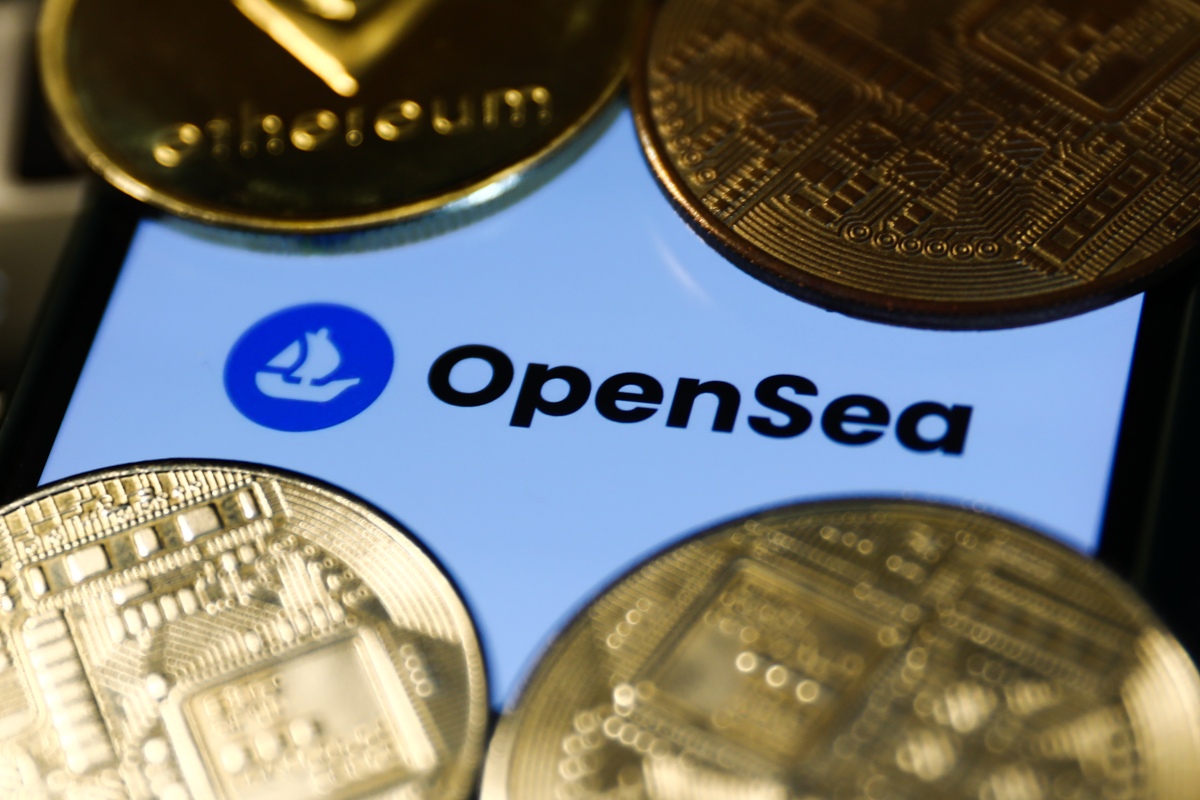Today at TechCrunch’s crypto-focused event in Miami, OpenSea CEO Devin Finzer discussed his business and the future market for non-fungible tokens.
The digital assets, better known by the acronym “NFTs,” saw their stock rise during the 2021-era crypto boom. NFTs became synonymous with neo-wealth bubbling up from the blockchain economy, as a number of image collections that employed the digital asset format reached pop-culture status and eye-watering prices.
However, as TechCrunch has reported, the evolving market for crypto-related activities and products is currently in a downturn. NFT trading volumes are depressed compared to year-ago levels, and elsewhere in the decentralized economy there’s chaos to be found as the implosion of exchange FTX continues to reverberate.
This made Finzer’s appearance at the event potentially clarifying — in the midst of a downturn, where does OpenSea see the future for its core product category?
Naturally given that he’s running a company in the space, we expected optimism from the tech executive. He delivered. Inside his perspective, however, a few key themes emerged that caught our attention. (TechCrunch has riffed on the idea of how to reignite consumer interest in NFTs, it’s worth noting).
First, gaming. Finzer argued early in his conversation with our own Anita Ramaswamy that the world of NFTs is “quite diverse,” going on to state that NFTs in games are a place where his market is seeing an “explosion in innovation.” The CEO also cited gaming as a market opportunity for NFTs to spark more consumer enthusiasm (OpenSea is working on assisting games and gaming companies mint NFTs).
The union of gaming and digital assets has proven to be a popular theme for press coverage and founder activity. However, much of the focus during the last crypto boom was on play-to-earn (P2E) games like Axie Infinity. But while Axie has seen its fortunes rise and fall, OpenSea appears to be yet bullish to gaming-related NFTs. As a person who has spent a reasonable amount of time in games like the Diablo franchise, I can imagine certain use cases for the pairing, even if I remain a little bit skeptical of bringing real-world economics into most video games.
The scale of Finzer’s excitement regarding NFTs and gaming indicates that it’s perhaps where we should be most focused when covering what the asset varietal can do next.
Looking more broadly at the NFT market space itself, Finzer argued on stage that platforms like Instagram joining the industry will be net-positive. In his view, inclusion of NFTs from social companies may provide an on-ramp to the crypto market for regular folks. Given that, historically, such points of entry have been criticized as too steep, new methods of getting consumers into NFTs is likely welcome to his platform.
The future of NFTs may be less crypto-focused than it has been. Finzer cited the recent Reddit NFT effort in a discussion of trust, consumers and crypto more generally. Many Reddit NFT users are not aware that it’s a crypto-powered product, he explained. If consumers are willing to engage with crypto products outside of a crypto-native experience, it is easier to see how gaming and crypto could eventually find common ground.
What’s ahead for the company? Not a native token, at least not yet, per our chat with OpenSea today. The company also didn’t want to talk about potential fundraises, though we do expect it to raise more capital in 2023.
After listening to the chat, it felt like the era of pricey profile pictures had faded to the background. Now we have to see if the potential use cases for NFTs in other areas of the digital economy — and perhaps even IRL — can make the jump from possibility to reality.

